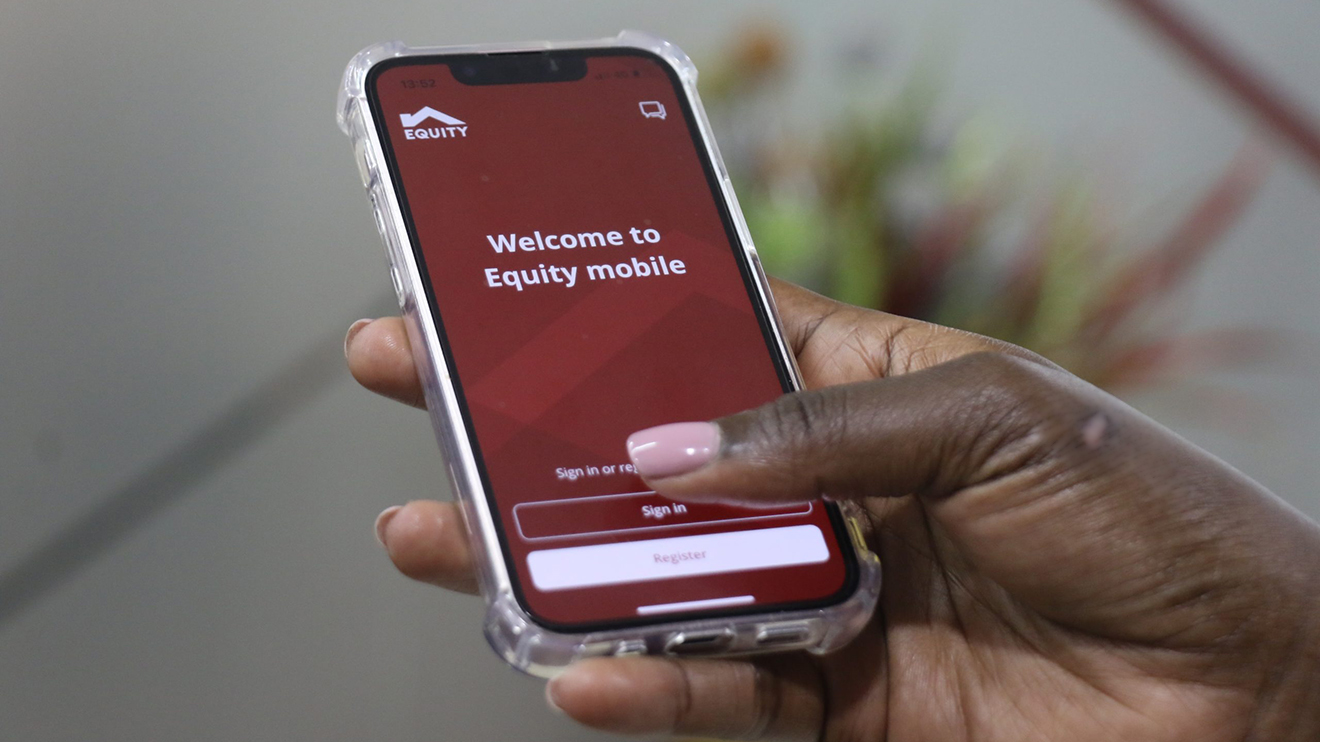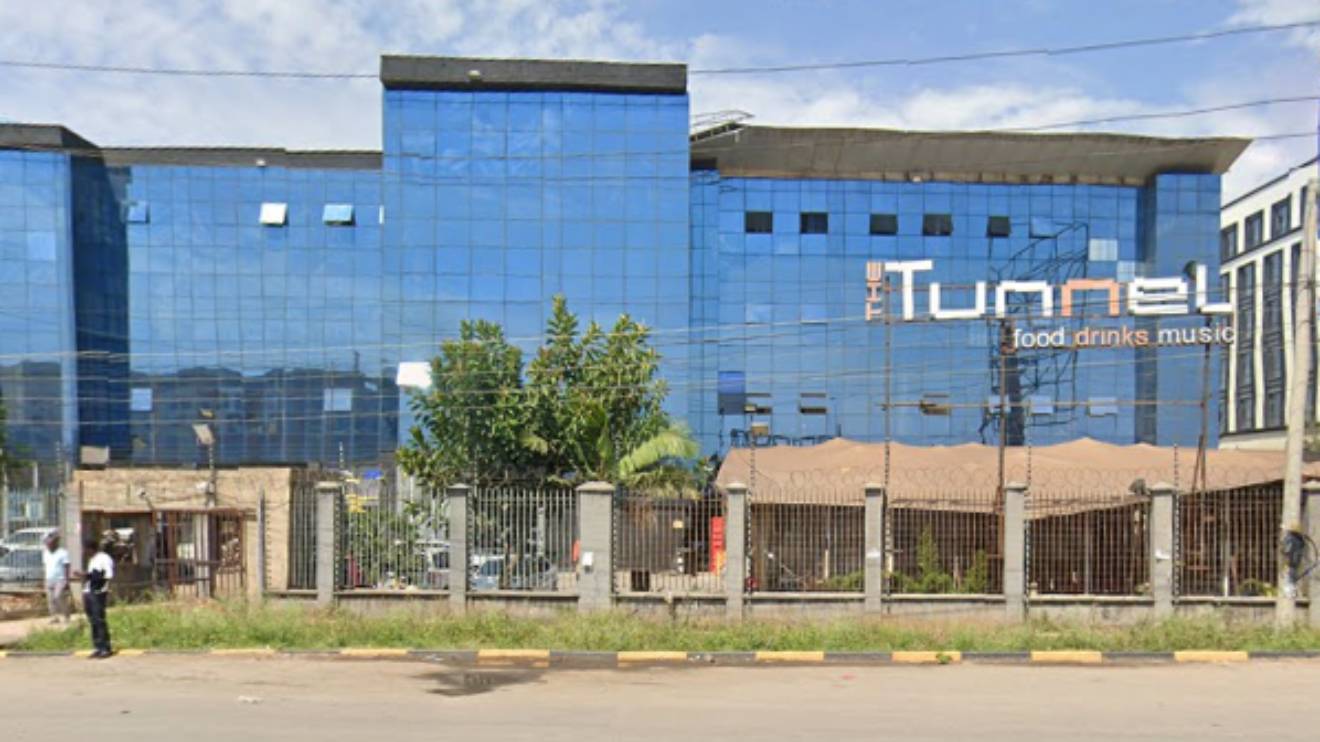Bolt has unveiled a comprehensive Sh14 billion investment plan in an effort to reinforce its ride safety features over the next three years.
The ride-hailing company’s pledge, which aims to bolster safety across multiple fronts, includes enhancing product features, scaling preventive measures, and driving awareness campaigns to ensure a safer experience for both riders and drivers.
The massive investment is designed to address potential safety risks at every stage of the ride, from before it begins to after it ends.
“We are very excited today to announce the investment that we are putting in towards safety. We are investing Sh14 billion over the next three years towards safety holistically. Now, what do I mean when I say safety holistically? We’re looking at every single thing that could happen before a trip, during a trip, and after a trip, and we’re making it a continuous priority,” said Linda Ndungu, Bolt’s General Manager.
This investment is backed by Bolt’s dedicated Safety Team of over 500 specialists worldwide, headquartered in Tallinn, Estonia.
Read More
These experts, spanning product development, engineering, and operations, are working together to address safety complexities in ride-hailing.
Ndungu further emphasised that building trust between passengers and drivers is central to the initiative, which aims to create a “seamless, enjoyable trip experience” that customers will trust and return to.
Bolt’s ambitious plan involves introducing new trip verification features in the coming months, including unique four-digit trip pick-up codes to verify riders with driver-partners.
This will be complemented by upgrades to the platform’s existing tools, such as the enhanced Ride Check feature, which monitors trip progress and can detect unexpected route changes.
Should a trip deviate from its expected path or take longer than anticipated, Bolt’s system will activate notifications, providing peace of mind to both riders and their loved ones through Trusted Contacts notifications if needed.
“We want to really focus on educating our users, both our driver partners and our riders, on what features we have available and how these features can help them when something happens,” noted Hazel Omune, Bolt’s Africa Safety Manager.
She highlighted Bolt’s recent launch of the Ride Check feature, which helps the company monitor if drivers and riders feel safe throughout a trip.
“Over the next three years, you will see that we will be increasingly speaking about the different initiatives that we will have, different features that will be improved, and new features that we will be introducing.”
Beyond technological advancements, Bolt aims to create a culture of safety through extensive awareness efforts.
The ongoing ‘Bolt Safety Team’ campaign in Kenya underscores the significance of in-app features. The campaign aims to educate users on how to access and use these tools in real time.
This proactive approach is expected to increase users' familiarity with the app’s safety functions, thereby enhancing trust and reliability.
“At Bolt, we take our responsibility to ensure the safety of our platform very seriously. With the Sh14 billion committed over three years to safety, we recognise that this requires an end-to-end approach across our business in Kenya,” stated a representative from the company.
"That’s why the Bolt Safety Team of over 500 specialists from across the world will focus their efforts on product development, support, and scaling preventative measures to stop safety cases before they happen."
As Bolt continues to expand its safety initiatives, it has committed to working with external safety experts and partners to ensure a comprehensive approach to user protection.
The company’s ultimate goal is to set a new standard for safety in the ride-hailing industry, emphasising prevention and swift response to safety incidents to support a more secure environment for all.
With these advancements, Bolt’s latest commitment promises not only enhanced safety but also an improved customer experience that could redefine trust in the digital transportation sector across Kenya.


-1735563037.jpg)





